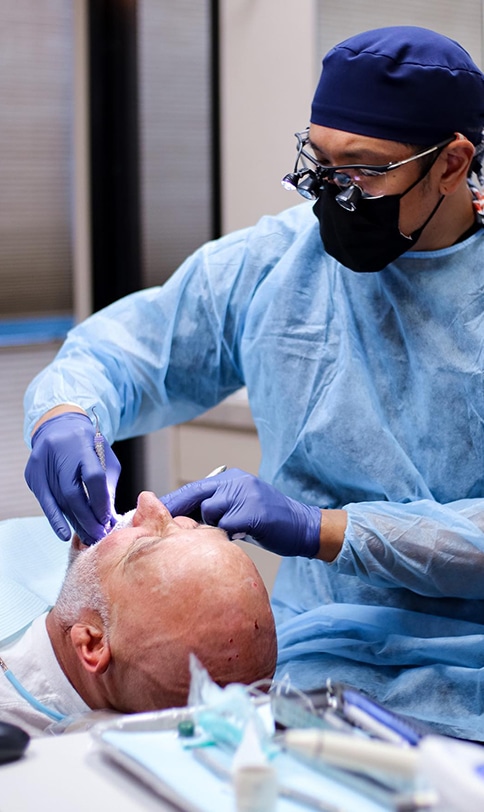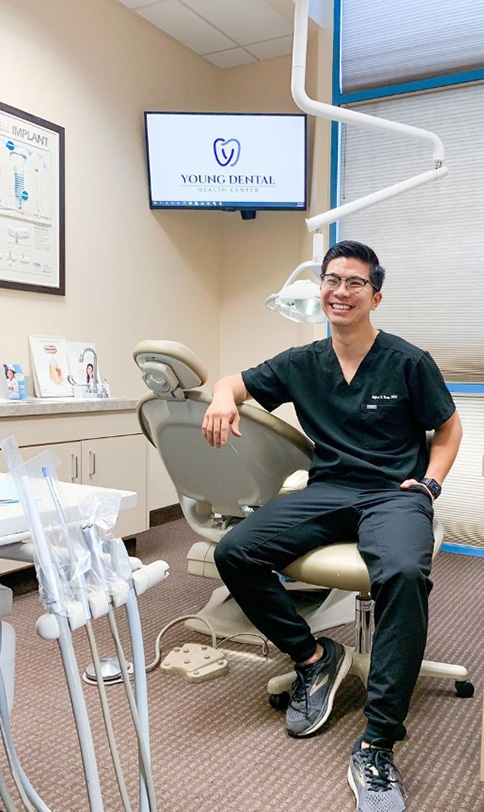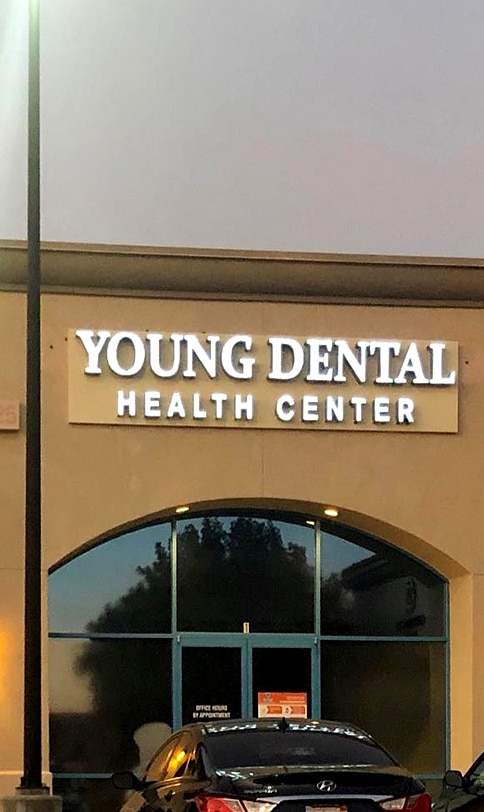E-mail Us
How To Maintain Fresh Breath Throughout The Day

Maintaining fresh breath is crucial for good oral hygiene and overall health. Bad breath, or halitosis, can be uncomfortable and embarrassing. Fortunately, there are several effective ways to help you maintain fresh breath and keep it smelling pleasant throughout the day.
Understanding the Causes of Bad Breath
Before we delve into the solutions, it’s important to understand the primary causes of bad breath. These include:
Oral Bacteria:
The primary culprit behind bad breath is the buildup of bacteria on the tongue, teeth, and gums. These bacteria break down food particles, producing unpleasant odors.
Dry Mouth:
Saliva plays a crucial role in neutralizing acids and keeping the mouth moist. When you don’t produce enough saliva (xerostomia), bacteria can thrive, leading to bad breath.
Poor Oral Hygiene:
Not brushing and flossing your teeth regularly can allow food particles and bacteria to accumulate, causing bad breath.
Gum Disease:
Gingivitis and periodontitis can lead to pockets around the teeth where bacteria can accumulate and produce foul odors.
Certain Foods:
Some foods, such as onions, garlic, and fish, can cause temporary bad breath due to their strong odors.
Medical Conditions:
Certain medical conditions, including diabetes, acid reflux, and sinus infections, can contribute to bad breath.
Smoking and Tobacco Use:
Smoking and tobacco use can irritate the mouth and gums, leading to bad breath and other oral health problems.
Effective Strategies for Maintaining Fresh Breath
Now that you understand the causes of bad breath, let’s explore some practical strategies to keep your breath fresh and pleasant:
1. Practice Excellent Oral Hygiene
- Brush Your Teeth Regularly: Brush your teeth at least twice a day with fluoride toothpaste. Use a soft-bristled toothbrush to avoid damaging your gums.
- Floss Daily: Flossing helps remove food particles and plaque from between your teeth, where your toothbrush can’t reach.
- Clean Your Tongue: The tongue can harbor bacteria that contribute to bad breath. Use a tongue scraper or your toothbrush to gently clean your tongue.
- Use Mouthwash: A mouthwash can help kill bacteria and leave your breath feeling fresh. Look for mouthwashes that contain fluoride and antimicrobial agents.
2. Stay Hydrated
Drinking plenty of water throughout the day helps stimulate saliva production, which can help neutralize acids and keep your mouth moist. Aim to drink at least eight glasses of water per day.
3. Avoid Dry Mouth
If you have a dry mouth, consider using a saliva substitute or a sugar-free lozenge to keep your mouth moist. Avoid sugary drinks and foods, as they can contribute to dry mouth and tooth decay.
4. Limit Odor-Causing Foods
While it’s not necessary to avoid all odor-causing foods, be mindful of your consumption. If you eat onions, garlic, or fish, rinse your mouth thoroughly afterward to help remove food particles and reduce odors.
5. Quit Smoking and Tobacco Use
Smoking and tobacco use are major contributors to bad breath and other oral health problems. If you smoke, consider quitting or seeking help from a healthcare professional.
6. Manage Underlying Medical Conditions
If you have a medical condition that is contributing to bad breath, work with your healthcare provider to manage it effectively. This may involve medication, dietary changes, or other treatments.
7. See Your Dentist Regularly
Regular dental checkups are essential for maintaining good oral health and preventing bad breath. Your dentist can identify and address any underlying oral health issues that may be contributing to bad breath.
Additional Tips for Fresh Breath
Here are some additional tips to help you maintain fresh breath:
- Chew Sugar-Free Gum or Mints: Chewing sugar-free gum or mints can help stimulate saliva production and mask bad breath.
- Avoid Excessive Alcohol Consumption: Excessive alcohol consumption can dehydrate the mouth and contribute to bad breath.
- Gargle with Saltwater: Gargling with warm salt water can help kill bacteria and soothe irritated gums.
- Consider Professional Teeth Cleaning: If you have persistent bad breath, a professional teeth cleaning can help remove plaque and tartar buildup.
Contact Your Dentist
If you have concerns about bad breath or your oral health, don’t hesitate to contact your Upland dentist. They can provide you with personalized advice and treatment recommendations.
Maintaining a Fresh Breath requires consistent effort and attention to oral hygiene. By following the strategies outlined in this blog, you can significantly reduce bad breath and improve your overall oral health. Remember, preventing bad breath is often easier than treating it, so make it a priority to incorporate these habits into your daily routine.






